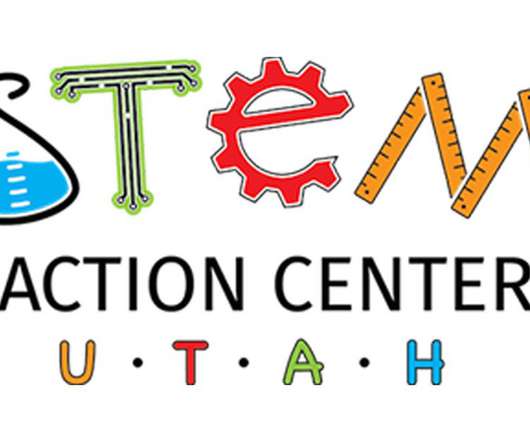Utah STEM Action Center Releases Exemplar Statewide Program Evaluation
MIND Research Institute
MARCH 5, 2021
A new bar has been set for state-grants-funded digital math programs evaluation. The Utah STEM Action Center has released its 2020 annual report , which includes the results of their comprehensive statewide program evaluation. Ebook: Demanding More from Edtech Evaluation. More studies on ST Math outcomes.















Let's personalize your content